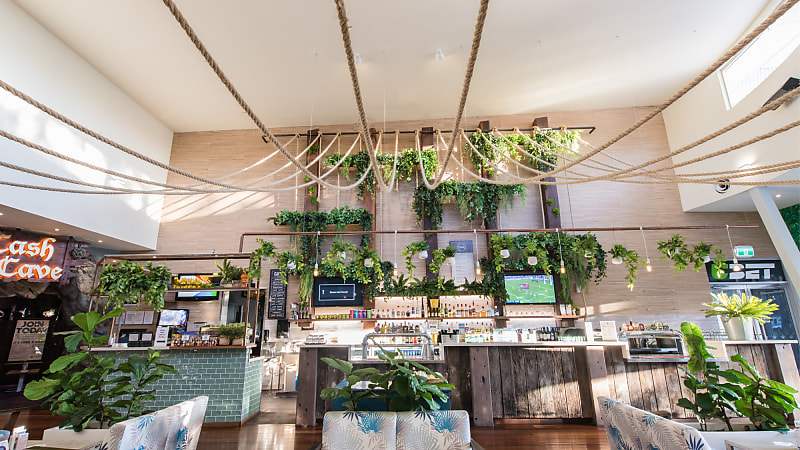The Australian Hospitality industry comprises a diverse range of businesses offering food and beverage, functions, entertainment, retail liquor sales, short term accommodation, wagering and gaming. The sector has been a part of the Australian economy since 1788, with many of the traditional pub-style hotels built in the mid-late 19th and early 20th centuries still operating today.
In Australia, Federal Anti-Money Laundering and Know Your Client regulations, Liquor and Gaming Licensing requirements and Local Government permits for the sale and service of food, alcohol, gaming and wagering can be a barrier to competition for new entrants.
Historically in Australia, the majority of hospitality venues have been family owned and operated, with pub and restaurant ownership as one of the most fragmented asset classes in the country.
According to HTL Property, the top five groups own “…at most 10% of the market.” (Australian Financial Review, 2022). However, over the last few years, the major corporate hospitality operators and large privately owned hoteliers have significantly increased their footprint in the hospitality sector (The Urban Developer, 2021).
Paul Weightman of Stara Investment Management Limited believes this transition is occurring partly because family operators, many of whom are facing intergenerational change and increased compliance obligations, have seen record prices paid for hospitality assets over the last couple of years. “On the flip side, corporates, large privates and institutional buyers are buying because they have economies of scale, buying power, central ‘back of house’ efficiencies, enhanced risk management, a lower cost of debt and better access to capital” he said.
In January Stara launched the Venu Hospitality Fund to wholesale investors. Focused on South East and Coastal Queensland, the Fund will invest in both hospitality businesses and hospitality properties.
According to Weightman, “The two largest Australian corporate hospitality businesses (Endeavour and AVC) are tenants only, with the freeholds separately owned by various private and institutional investors. By contrast, it is our experience that private family-owned pubs are predominantly FGC assets – that is, the business and real estate are under single ownership.”
Weightman believes that the factors motivating private vendors to consider selling, (in particular, intergenerational change and increasing compliance obligations), are unlikely to change over the foreseeable future, presenting an opportunity for the Venu Hospitality Fund to acquire additional FGC assets going forward. “In our view, Venu’s aligned and integrated approach to the acquisition, management and development of hospitality businesses and the underlying real estate will provide a competitive advantage to the Fund in comparison to sites where the freehold asset is held by an investor and leased to a separate business operator” he said.
The Venu Hospitality Fund is open to Wholesale Investors only and has a forecast Year 1 distribution of 7.5% per annum plus a franking credit equivalent to 2.5 cents per security.
For further information or request an information memorandum visit https://stara.net.au/portfolio/venu-hospitality-fund/






